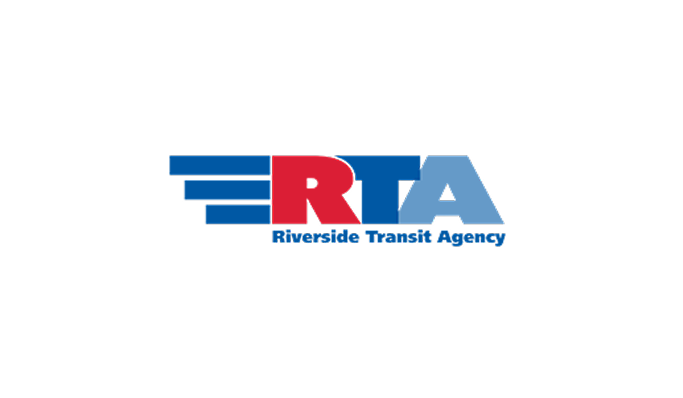Overview
For nearly 50 years, Niagara Falls Transit operated Chair-A-Van to provide local transportation for people with disabilities who were unable to use conventional public transit. Previously, the agency was using legacy paratransit software that required manual and time-consuming processes for booking, scheduling, dispatching, and eligibility management. With an increase in service demand and ongoing operational inefficiencies, rides were being turned away or overflowed to local taxi companies. When Niagara Falls Transit amalgamated with 12 municipalities to become the Niagara Transit Commission (NTC), it looked to the neighbouring communities, St. Catharines and Welland, that were operating modernized paratransit services using RideCo’s on-demand transit platform. Through the existing and trusted partnership with the two communities, NTC and RideCo relaunched a more efficient Chair-A-Van service.
"
RideCo’s platform provides modern features that have removed barriers for riders and has allowed Chair-A-Van to find significant efficiencies and deliver more trips without adding funding to the program.
Rob Salewytsch. Manager, Specialty Transit Niagara Transit Commission
"
Use Case
Modernized Paratransit Software
Previously, the agency was using legacy paratransit software that required manual and time-consuming processes for booking, scheduling, dispatching, and eligibility management.
RideCo Solution
Get the full service resultsUsing RideCo’s platform, NTC relaunched Chair-A-Van with improved operational efficiency and productivity. Processes that were once manual have been streamlined through automated processes and continuous optimization enabled by RideCo’s patented routing algorithm, Solver.Due to the near-constant optimization run by Solver, RideCo’s platform is responsive to changes in conditions, enabling NTC to operate a dynamic paratransit service that is able to maintain high passenger satisfaction through delivering short wait times and reliable on-time performance. When comparing annual productivity prior to relaunching Chair-A-Van to six months post-launch, NTC has achieved a significant improvement in average passengers per vehicle hour. The increase in productivity has continued alongside increasing service demand, with NTC seeing a 35% growth in monthly ridership since the relaunch.






.svg)









